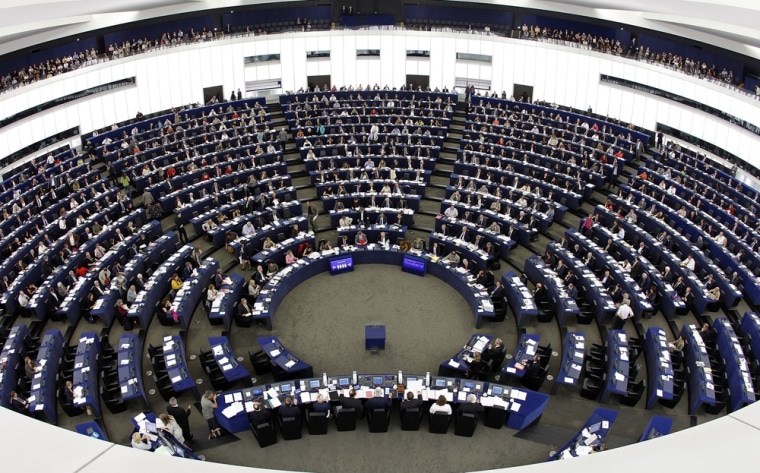EU lawmakers approved an agreement with Australia on Thursday to share European air passengers' personal data to help fight terrorism and transnational offences despite concerns that there is no proof this disclosure of information will combat crime.
Under the agreement, names, addresses, passport numbers and credit card details of passengers, which airlines collect, would be made available to Australia's customs service. The service could then keep the data for five and a half years.
Australian authorities would be required to conform to the same data protection standards at the EU, which are largely considered the world's most robust. European citizens would also have the right to rectify inaccurate data collected about them.
All the data have to be held in a secure system to prevent any accidental loss or unauthorized disclosure of data and no copies of the data would be allowed, other than for recovery back-up purposes.
But some EU lawmakers raised concerns over civil liberties during the debate and others whether the agreement would be effective in fighting terrorism and international crime.
Dutch member of European Parliament Sophia in´t Veld of the Group of the Alliance of Liberals and Democrats for Europe voiced this concern while heralding the agreement as an important achievement.
"There are ... a couple of remaining concerns, the most fundamental point being that the necessity and the proportionality of the mass collection and storage of data has been demonstrated only partially and not sufficiently," she said.
Currently the EU is negotiating similar agreements with Canada and the United States, but the European Parliament is concerned that U.S. rules on data protection would insufficiently protect EU citizens' private information.
The European United Left/Nordic Green Left group of lawmakers expressed grave concerns about the sharing of data on civil liberties.
"The EU-Australia data transfer agreement could lead to major breaches of fundamental rights in the EU," said Cornelia Ernst of the GUE/NGL group.
The agreement was initially rejected by the European Parliament in 2010, which then requested a renegotiation, citing a lack of judicial oversight and calling for the prohibition of data mining and profiling.
Parliament approved the agreement, which would remain in force for seven years, with 463 votes in favor, 96 against and 11 abstentions.
The European Parliament has previously reached a common position with the EU's member states, meaning they will likely rubberstamp it into EU law by the end of the year.
